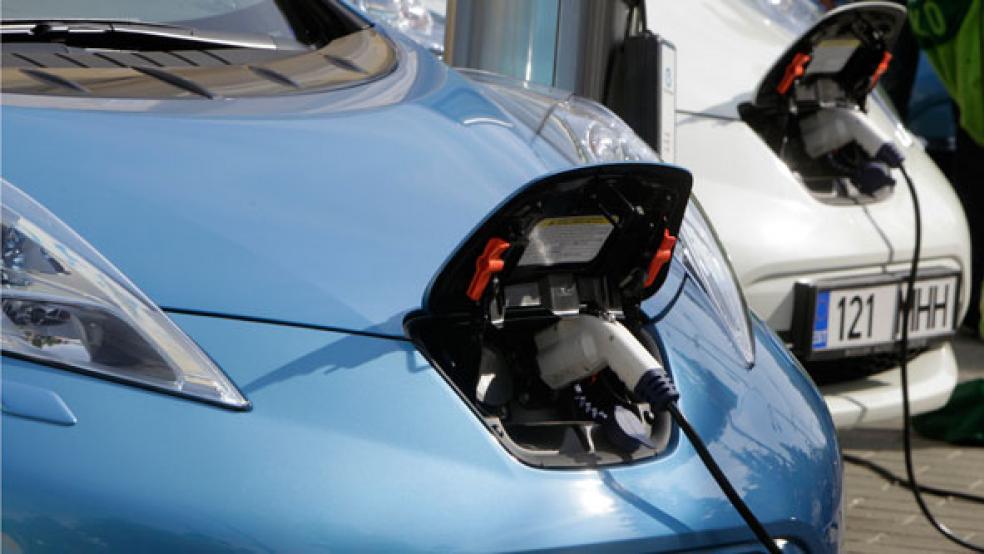A new study finds that 4 in 10 households could use an electric vehicle with little or no change to their driving habits, according to the Union of Concerned Scientists and Consumers Union.
Less than 1 percent of the country currently drives plug-in electric vehicles like the Chevy Volt, but the survey found that about 45 million households meet the basic criteria needed to drive one. Those criteria include having access to parking and an electrical outlet at home or work, carrying fewer than five passengers, and no need for hauling to win.
“Consumers who might be shopping for a new vehicle this holiday season may be surprised to learn that an electric vehicle could be a good fit for their household,” Josh Goldman, policy analyst for the UCS Clean Vehicles Program, said in a statement. “Drivers may have preconceptions about whether electric vehicles can meet their driving needs and habits, and this survey shows that for many, they can.”
Related: Why Americans Still Don’t Drive Electric Cars
About half of those who qualify for plug-in vehicles could also use a battery-electric vehicle, such as the Nisan LEAF.
The Union of Concerned Scientists estimates that if everyone who could switch to electric did so, the country would save 15 billion gallons of gas each year and avoid 89 million metric tons of greenhouse gas emissions.
However, not everyone sees electric cars as being the answer to all the country’s eco problems. One critic, Ozzie Zehner, author of Green Illusions, has compared moving from gas-powered vehicles to electric cars to “shifting from one brand of cigarette to another.”
Top Reads from The Fiscal Times:




